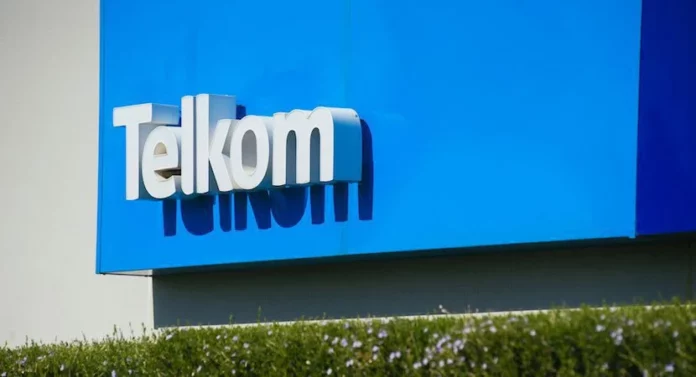Telecommunications provider Telkom this week ramped up its asset disposal programme, putting 53 properties up for auction.
The semi-privatised state owned entity said in a statement that it has been undergoing a process of modernising the network for some time.
“Telkom, through Gyro and Openserve, has embarked on a decommissioning and disposal of properties programme for properties that are deemed to be noncore to operations and have no commercialisation [redevelopment or development] potential,” the company said.
“This is an ongoing process as we continue to modernise our network and optimise our property portfolio.”
According to Telkom’s 2019 annual report, Gyro manages its property portfolio, which consists of 1 332 properties comprising exchange and switch, once, client service centres, centres for learning, radio transmission sites and residential dwellings.
Gauteng has the most properties for sale, with 15. They include agricultural, commercial and industrial-zoned properties.
Eight properties up for sale are in the Western Cape, three in Mpumalanga, five in KwaZulu- Natal, one in Free State, eight in Limpopo, six in North West, two in Northern Cape and five in Eastern Cape.
Telkom has tasked auction firm GoIndustry to conduct the online auction, with bidding for the properties set to open on March 13 and close on March 18.
Telkom has been systematically selling off its properties over the past six years. Last year, Telkom put up 34 properties for sale, but sold just 22 of the properties with the remaining 12 forming part of the 53 now up for sale.
Communication Workers Union general secretary Aubrey Tshabalala said there was a concerted effort to destroy Telkom.
“Telkom is one of the few profitable state-owned entities and people have set their eyes on it,” Tshabalala said.
“The current people who occupy leadership positions at Telkom are out of their depth and have resorted to creating artificial profits through the sale of assets and retrenchments.”
In January, the fixed-line operator, which is 40% stateowned announced that 3 000 jobs were at risk as the company struggles with declining performance in fixed voice and fixed data services.
By Kabelo Khumalo




